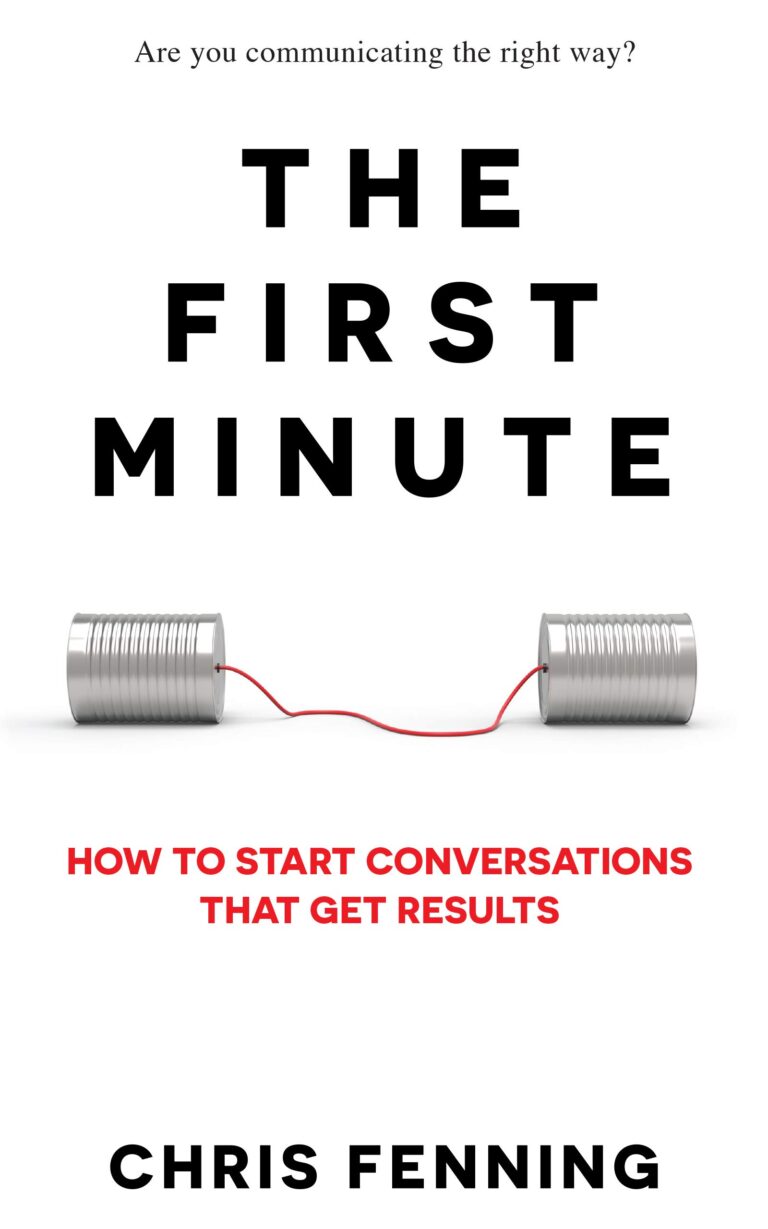Every step towards personal success is more painful than before, so most people are dark examples of personal failures around us. A friend walks in when everyone walks out. Friends are also surgeons and removers of cancers through surgical interventions. However, a human always needs to work on selecting the right friends, primarily by choice and at least by chance. We are corrupt regardless of gender, or because of the secret conditionals inside; in either way, we want to fulfil our desires or the desire of desire either by directly engaging with our wishes or by indirect collaboration with 3rd person who makes us or feeds us the chunks of beautiful, imaginative fulfilment of desires.
The evil inside the human body is wilder than the evil outside. The truth is not bitter but the acceptance of reality. A friend corrects the path of a friend in the absence of everyone, including himself. Surgery is always done inside the room with strict privacy, darkness around, and focus lights over the cancer. There was a severe disarray, and after one-liner, I finally concluded. Disarray here means the disorganization in career and personal choices. I will write only what I observed, whether acceptable or can be denied altogether.
First, this disorganization and frequent changes in approach create a delusion inside the mind, and our mind gets confused about what to think. To think is a continuous process of mind that lets us keep moving on one trajectory. When we ask our mind to make changes quickly, it gets confused, and as a result, we lose the path; we switch from one path to another and get split in between. This results in us landing nowhere. We feel like we are moving ahead like a rat race wheel. We move so much and remain there from where we start. So, the first Thing is to take a deep breath and ask ourselves to make one single decision. Then, we write it down on paper, not digitally, so that a promise can be made between our hearts and minds.
2nd Thing, haste makes waste. All the efforts and struggles get wasted once we try to get quick results. There are no quick results except the universal negative ones, such as theft, dacoit, fraud, prize bonds, etc. Nobody I have studied became successful in their life overnight. I found a great loop of haste/quickness or quick response/ reaction in general personality. It is only transformed into stability and steadiness with exercises, not meditation. Also, all of the exercises in human life are very Painful, and it is rare to dare to perform such exercises; that is why you will find the majority are disastrously failed in general life (failure is not living life but spending it with the flow, nothing else and vice versa is a success- general and straightforward way of defining success and failure).
3rd Thing is short and straightforward, an amalgamation of our collective approach. Nothing in this World is unconditional, even if it is taken as a positive condition such as prayers, well wishes, etc. Besides this, a general formula is to spend money to save time – spend time to save money. The time spent equals the labour hours needed to earn particular money, according to one’s personal, collective abilities and skills. For Example, if I need 50 Lac, and my current skill set has a market value of 5000 Per hour, I will need to spend some 1000 Working hours to save my 50 Lac or 50 lac to save my 1000 WORKING Hours.
4th Thing, go to the grocery store and ask the shopkeeper to give you some 1 Kg sugar, 1 Kg Rice and 1 Pack of detergent against social welfare work, uplifting people’s lives through counselling and helping others in their lives, if he can give you these things regularly, this is the perfect balance if occurs. Well, it is hypothetical and not actual. To get 1 KG of Sugar, we need 100 Rupees. To get 100 rupees in cash, we have to work. If we keep working as employees, we will forever remain hands to mouth. What if we do business? We will fail because we need passion in it. It is more disastrous than a job. 4.5th The Thing is, Social Welfare cannot be en-cashed or sold, or it will lose its worth and become a business rather than social welfare. Counselling can be transformed into business, and it is purely halal. Doing Halal business in the Halal way needs struggle and sacrifice of all the clutter; it is all the collective clutter. IT IS SO PAIN CAUSING Phenomenon, so much so that within 3-4 days, we collapse and return to our comfort zone.
The 5th Thing is that the Comfort zone is variable; it is good in the personal domain to have a chest where we can hide, a shoulder where we can rest when we break, holding a warm hand to walk ahead, feet a feet journey and continuous support in hurdles of achieving our personal goals.
The comfort zone in professional/ career/ business domains is doing 9-5 jobs that pay according to the owner’s wishes, not our skills and abilities. That is why organizations profit more; employees never reach the owners’ income level. 2ndly, employees serve to fulfil the dream of the employer or owner, etc. Serving others and getting money monthly is poison for a few people who are not designed in a way to serve others’ dreams (I am one, with pride, because I have struggled). This is the professional comfort zone I am not against, as the majority is not designed by Nature to pursue dreams, so they are designed to support others’ dreams. This comfort zone is best for 95% of the people but is the toxic killer for the rest of the 5% with dreams and plans. A Practical Task is to make a list from this particular office of the people who left it not to be employed elsewhere but to chase their dreams: Zakir, Umer Shamim, Shahzaib, Umar, Rana Umair, Harris, etc. The rest of the 95% is not designed for dreams, or they are slowly working on them, but the overall population of the office will be 95% vs 5%. So, personal comfort zones are basic needs like oxygen, water and food, and professional comfort zones are killers.
6th Thing is the continuous effort of those 5%. Most of us, including me, waste 80% of our productive time on useless subjects. In the end, everybody moves on their path, and we, the wasters of time, are left over in the plates of life as leftovers. Again, getting rid of time-wasting objects and activities is VERY Painful, and none of us wants to leave because we are addicts and we find escape in it. Just like drugs, we find timely peace in it, and when it gets over before we go to sleep, our uselessness haunts us daily, and we find our life purposeless tomorrow morning. We are again ready to waste the day, and it continues until the whole functional era of life, which is not more than 45 years of anybody’s life, gets into the bin.
Another practical thing to do is to analyze the level of sadness, hopelessness, and pity at night and our stubborn attitude to waste the day in the morning. When we wake up, we forget entirely that we were fucked last night by the previous day. Time Wasters don’t make us feel time wasters objects as we find them supporting our mental health or emotional health, but so do the drugs. Just like drug addicts are admitted to rehabilitation centres, time wasters and junk eaters need a rehabilitation centre as well. Addictions are treated the same way, no matter from which category these belong. We know what are our time wasters and it varies for every person Mr.s. has always told me that writing, gardening, crafting, cycling and travelling are time wasters. I replied that using social media, YouTube, and long calls are time wasters.
7th Thing is the attitude towards circumstances. Everybody talks about the 1% attitude; I call it the level approach. The rest of the 99% of attitude is towards the inside; only we know who we are and our actual capacity. We often overestimate our skills- when pressure is applied, we collapse under it as we don’t possess such capacity. We are living in the age of information and not knowledge. Knowledge is inversely proportional to information. The more information I have, the less knowledge I will have or be wiser. Today, every one of us knows so much, a walking encyclopedia. Every other person knows so much that overwhelmed and loaded with the explosion of information; this is an era of information and now knowledge. Knowledge has gone far away for centuries. So, analyzing our true selves is being more knowledgeable about ourselves. Once we truly learn who we are, we can accept that we know this and that. Based on this analysis, we can derive what we seek, or we can redirect our dreams to comply with our skills, or in the opposite case, we learn new skills that are more inclined and supportive to our dreams; for Example, if my skills and passion is one thing, but I cannot claim scholarship quickly based on existing passion then I must learn something and apply it to get a quick scholarship.
8th Thing is devising a realist plan according to personal capacity. Idealistic plans never work; we overestimate our capacity and fail our plans. Small and discrete plans always prove their worth. We should never show our plan. Other people’s stigma pushes our inner to make romantic plans to get an appraisal that we are into a huge business. We compete with ourselves only and make plans that are not in our minds. Mind is the most dangerous enemy and betrayal partner. Pen and paper are best friends.
The 9th Thing is to be in love. A compassionate, soothing, healing and supporting love. Love is not sexual intercourse; neither is it hanging out, talking so much and doing nothing. Saying and expressing love tangibly is a tiny part of getting ahead, proving it is challenging in today’s fast-paced life. Many people come and say they are in love but are not; they like us and are not beyond it. Love is a comprehensive emotion which wants us to go the extra mile. Going the extra mile tears our heels causes cracks in our heels, and causes tiredness and fatigue. For Example, when somebody claims Loveto for you, he has to protect your honour in your absence, controlling that his fight for your honour and dignity never shows off his inclination towards you so that while protecting you, he is doing the opposite. People may associate him with you, resulting in dishonour again. It isn’t easy.
Similarly, love wants us to get into the deep needs of a person and deeply rooted support in every matter. Surface-level affirmations are likenesses possessed by many around us. It contrasts this with what our company holds inside.
The final thing is to learn and understand the design of Nature. Nature has designed men and women differently for different roles. When we return to the first human being (Prophet Adam A.S.), he was created as a single being. He lived for a while in paradise, and Allah (SWT) observed his boredom because Jins, Angels and Humans are three different species that are incompatible. So, He got back to Adam AS and created Eve. Once there All of these were my findings. I found these types of disorganization in myself. I tried to overcome these for myself, and it slowly started working for me to be a better version of myself. We all know this; these are not some very enlightened thoughts; everybody knows this. But the question to address is how. We know the answer to HOW, but we are not into this business because it is tedious, hurtful and painful. That is why everybody enjoys where he is, in the soothing comfort zone of life altogether. Those who overcome the fears of pain and get pain through work in a positive direction are the people who, in the end, harvest the gains. No Pain- No Gain.
In conclusion, links are inversely proportional to actions; the more we talk, the less we do. Failures are fundamentally necessary. But choosing another path of mistakes doesn’t make humans but animals. One mistake is chance; the 2nd same mistake is choice. The selection of companions on the path is 90% of the achievement; a wrong selection yields null and void results. Dependency is only for people with disabilities, not the complete humans. Social and natural laws should remain intact for one’s goals and dreams; otherwise, they will end up in the least productive effort. Submission to one who could be a Master or a guide can be a choice, but submitting to oneself is brutal and harsh, as we never want to be in actual pain. All the talks mentioned above are known to every soul on the planet. Yet they need to take a chance to improve themselves. What could be the reason? When every person knows every Thing, yet every other person is almost crippled and looks fail either in one walk of life or the other. Fortune cannot be blamed at 100% as humans are not dependent on 100% fortune. The world works on the cause-and-effect principle, not only on prayers and fortune.
Bitterness does not exist in the whole passage. I have figured out some flaws that could be a cause or hurdles between a man and his dreams. To let miracles happen in our lives, we must become miracle-causing personalities. The technical faults are the impurities inside the hearts that pollute the souls. The technical matters of human body machines can be fixed because these are technical and only need replacing faulty parts inside us. Cancers of thoughts, self-constructed and incorrectly wired thoughts, and perfection in self-assumed theories are not accepted by ourselves sometimes and primarily by society. Idealization is the outcome of imagination, but we have to eat, drink, sleep and urinate in the Physical world; otherwise, we will starve or pee inside our clothes if we put imagination solely. Accepting the real world is complex, and pursuing it is challenging. The strongest people are meant for the most complex challenges to fix.
Sometimes, our pain becomes so intense that we fail to express it in words, art, or speech. That pain alters the course of our lives. When harvesting the mining, we throw the plough away and leave the mine just before reaching the diamond.
Give up to the Battles inside you, and forgive yourself; you were/are/will be a human with errors, and you will be an angel, and with most of it, you will be the devil, so… let it go! Fall in love again with spirit, remove some boundaries of halal and haram, and live it to the end. That is it. That is life!










